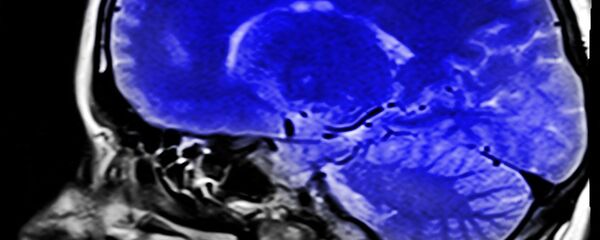Scientists in Madrid collected information on the diets of more than 4,000 men and women who did not have any cardiovascular or chronic kidney disease. The study's participants were asked to fill out computerized questionnaires, which researchers then used to calculate what percentage of the volunteers' total daily energy intake came from their breakfast meal.
The participants were divided into three groups: those who consume less than five percent of their energy intake in the morning (those who skip breakfast and only drink coffee or other beverages), those who eat more than 20 percent of their energy intake in the morning (those who eat a hearty breakfast) and those who eat between five and 20 percent of their daily consumption in the morning (low-energy breakfast eaters).
The researchers found that 69.4 percent of participants were in the low-energy breakfast category, while 27.7 percent were in the hearty breakfast group. Only 2.9 percent were breakfast skippers.
The study's findings reveal that atherosclerosis was more likely to occur in low-energy breakfast consumers or breakfast skippers. In addition, those who skipped breakfast were more likely to be hypertensive and overweight and have greater blood pressure, higher fasting glucose levels and higher levels of blood lipids — all cardiometabolic risk factors for heart disease.
"People who skip breakfast, not only do they eat late and in an odd fashion, but [they also] have a poor lifestyle," according to Valentin Fuster, co-author of the research and director of Mount Sinai Heart in New York and a cardiovascular research institute in Madrid (CNIC).
Naveed Sattar, professor of Metabolic Medicine at the University of Glasgow, was not involved in the study but believes that the findings don't conclusively prove the connection between skipping breakfast and disease.
"It might be that there is something about having regular meals throughout the day that somehow regulates your appetite [and] means you don't over-consume calories — that there is something about eating breakfast per se — [but] I don't think you can answer from this study," Sattar said.
The study's limitations include the fact that only 3 percent of the participants were breakfast skippers. In addition, many of those who skipped breakfast were either overweight or obese, and may potentially have been skipping breakfast to lose weight.



